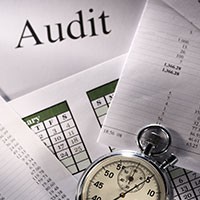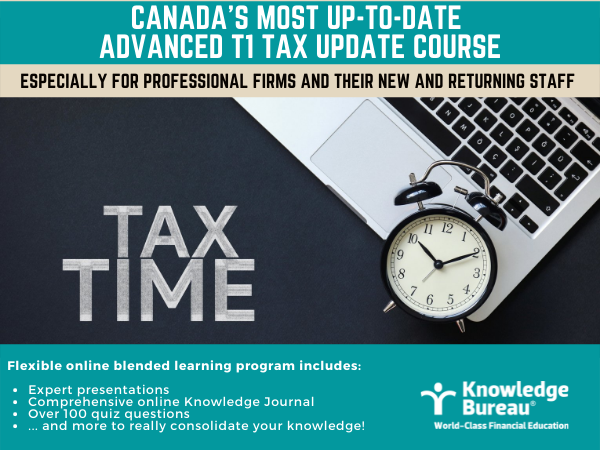The Limits of Tax Planning – Intention is Not Everything

Marco Iampieri B.A., JD, M.B.A
Did you really intend to make that claim on your tax return? Intention is an important consideration when filing a tax return, especially if your client transacted in what is known as “grey areas”. In other words, it’s not good enough just to report the numbers on the return; you’ll want to document the reasons for them too, especially if you are a small business owner. Here’s why that’s important to your clients’ appeal rights down the line and why you need to get their help to document the facts properly.
From an advisory perspective, it is important to explain to your clients the limits of “retroactive” tax planning: what is appropriate and inappropriate tax planning from a holistic view of the Income Tax Act. That’s because there are limits to tax planning, specifically, regarding the intention of the taxpayer as commercial activities are being pursued.
A recent Federal Court of Appeal decision highlights a limit to taxpayer’s intention forming the sole basis of a tax fling position under the Income Tax Act. In De Geest v. Canada, 2022 FCA, the taxpayer carried on, as a sole proprietorship, the business of general construction work, which included the installation of windows.
While carrying on business as a general construction worker, the taxpayer formed a subjective intent that he was no longer carrying on a business, rather he was carrying on a ‘non- commercial personal endeavour’ that the taxpayer erroneously believed would not be taxable under the Act.
commercial personal endeavour’ that the taxpayer erroneously believed would not be taxable under the Act.
The taxpayer seemed to have the mindset that one “could form a subjective intention to longer carry on a business, and, therefore, no longer have any income from a particular activity that would be subject to tax” (De Geest at paragraph 13). This mindset is false. The courts have the authority to determine if particular activities are a business for the purpose of the Act. Further, the Canada Revenue Agency has the authority to issue a Reassessment for a taxpayer if CRA has reason to assert that an income activity is not being accurately reported.
As eloquently stated by the Court, “a person cannot opt out of paying taxes on their earnings by simply making a unilateral declaration that they are no longer carrying on a business and by using different words to describe their contracts and their clients” (De Geest at paragraph 17).
Key Takeaway: There are limits to retroactive tax planning, especially subjective ones. One should have a tax filing position supported through intention, facts, and records – not intention alone. There are also clear precedents on when a hobby turns into a business and a business into a hobby. That is, whether there is a reasonable expectation of profit based on the activities conducted by the taxpayer. That’s a subject for a future discussion in Knowledge Bureau Report.
Author Byline: Marco is a faculty member at Knowledge Bureau and practices tax law in Barrie, Ontario.
Additional educational resources: Don’t miss this opportunity to take Canada’s most up-to-date and comprehensive Advanced T1 Tax Update Course for Professional Tax Accounting firms and their new and returning staff who will file 2021 T1 Returns. This is Canada’s #1 tax training program for busy practice owners who need to recruit and train staff in time for this tax season.